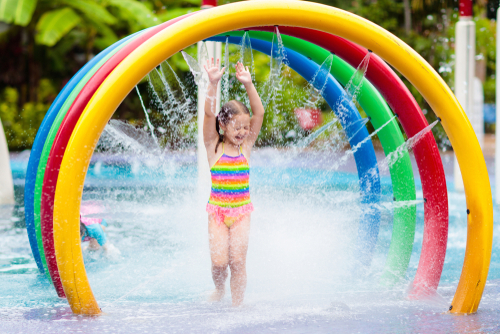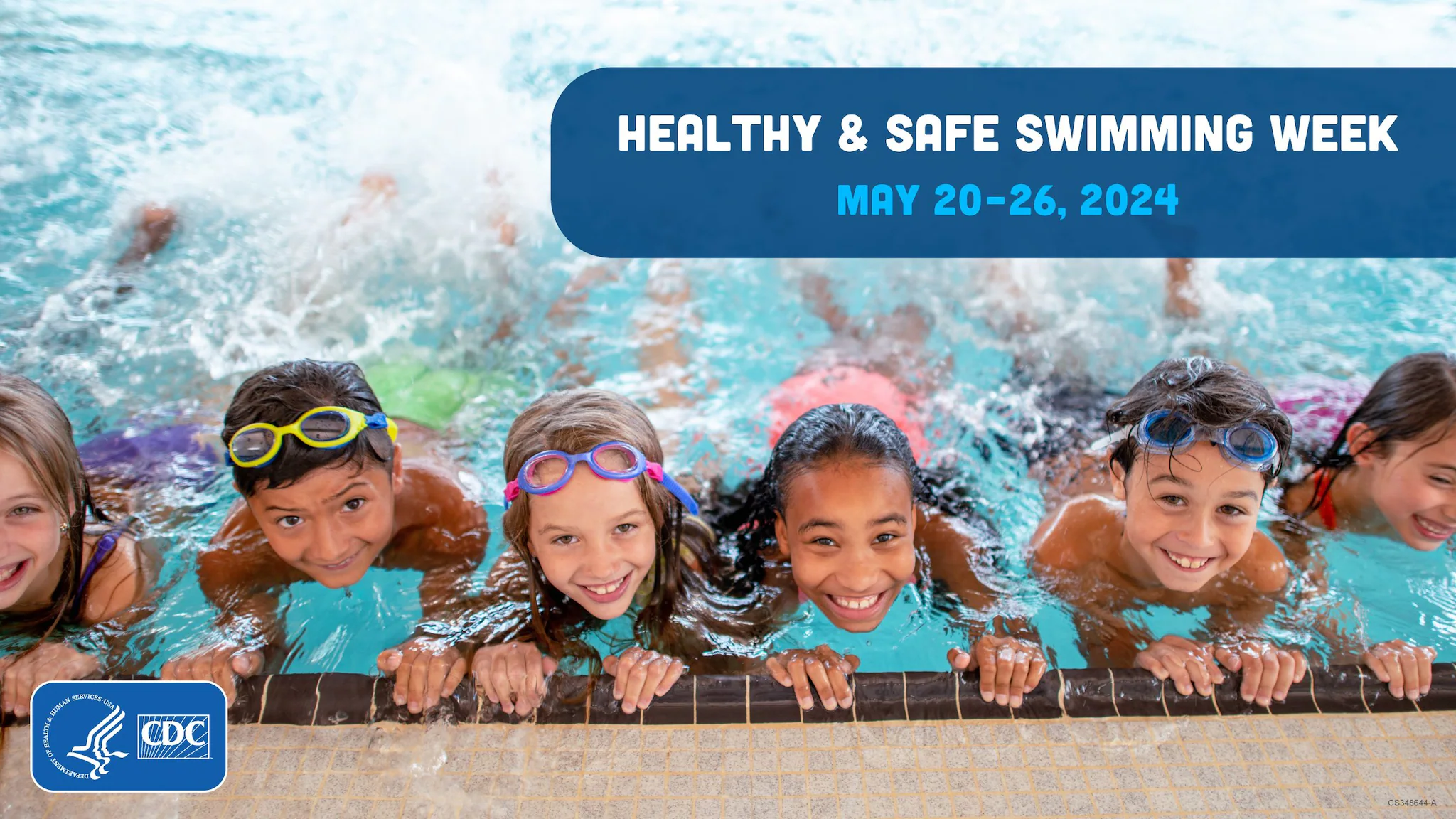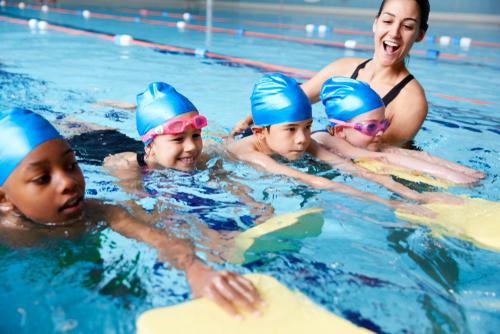Recreational Water Illnesses
 Recreational water illnesses (RWIs) are caused by germs spread by swallowing, breathing in mists or having contact with contaminated water in swimming pools, hot tubs/spas, water play areas, interactive fountains, lakes, rivers or oceans. RWI may include diarrhea, vomiting, stomach cramps, loss of appetite, weight loss, and fever. Other RWIs can cause skin, ear, eye, respiratory, or neurologic symptoms. Healthy swimming habits can lower your chance of getting sick.
Recreational water illnesses (RWIs) are caused by germs spread by swallowing, breathing in mists or having contact with contaminated water in swimming pools, hot tubs/spas, water play areas, interactive fountains, lakes, rivers or oceans. RWI may include diarrhea, vomiting, stomach cramps, loss of appetite, weight loss, and fever. Other RWIs can cause skin, ear, eye, respiratory, or neurologic symptoms. Healthy swimming habits can lower your chance of getting sick.
Here are a few steps you can take to prevent RWIs:
- Don't swim when you have diarrhea.
- Shower with soap before you start swimming.
- Take a rinse shower before you get back into the water.
- Take bathroom breaks every 60 minutes.
- Wash your hands after using the toilet or changing diapers.
- Check the free chlorine level and pH before getting into the water.
- Take children on bathroom breaks every 60 minutes or check diapers every 30–60 minutes.
- Follow the steps of healthy swimming.
Stay Healthy and Safe in Splash Pads
Splash pads can spread germs and make users sick if the water is not adequately disinfected. Users and parents of young users should take their own steps to stop the spread of germs. In addition to the steps above, DON’T sit or stand on the jets. Sitting or standing on jets can rinse poop off your butt.
Learn more about Stopping the Spread of Germs in Splash Pads.




